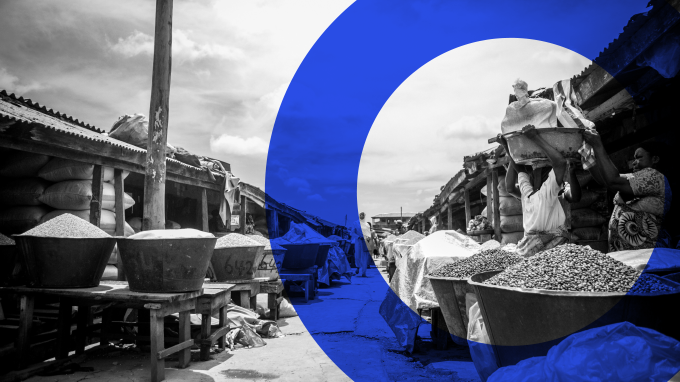In the heart of Nigeria’s vast and verdant countryside, where the rhythms of life follow the seasons and the pulse of progress beats a bit differently, there is a yearning—a yearning for financial empowerment, access to opportunities, and a better tomorrow. This yearning is etched into the faces of rural communities, where the promise of financial inclusion shines as a beacon of hope.
Let’s journey to a remote village in Ogun State, where farmers toil under the golden sun, and artisans craft their wares with skill passed down through generations. Here, access to financial services is not just a convenience; it’s a lifeline to a brighter future. In this article, we embark on a quest to unlock financial inclusion in rural Nigeria, fortified by compelling statistics and data, and fueled by the aspiration of a more prosperous nation.
The Challenge of Rural Financial Inclusion
Rural Nigeria is a tapestry of diverse cultures, languages, and traditions, but it’s also a tapestry woven with economic disparities. For millions of Nigerians living in rural areas, access to basic financial services remains a distant dream. The gap between urban and rural financial inclusion is evident, but it’s a gap that can and must be bridged.
According to data from the Enhancing Financial Innovation & Access (EFInA) Access to Financial Services in Nigeria 2020 survey, approximately 36.8% of Nigeria’s adult population (aged 18 and above) were financially excluded. While the overall financial exclusion rate declined, the rural-urban divide persists, with rural areas bearing the brunt of exclusion.
The Power of Digital Financial Inclusion
To unlock financial inclusion in rural Nigeria, technology emerges as a game-changer. Mobile phones, even in the most remote corners, are ubiquitous, presenting a powerful tool for digital financial inclusion.
Data from the Nigerian Communications Commission (NCC) reveals that as of 2020, there were over 198 million mobile phone subscribers in Nigeria, with an increasing number accessing the internet. This digital revolution has paved the way for mobile banking, mobile money, and digital financial services to reach rural communities.
Empowering Rural Entrepreneurs
In rural Nigeria, where entrepreneurship is the heartbeat of communities, financial inclusion can ignite economic growth. Rural entrepreneurs, from farmers to artisans, are the backbone of the nation’s agrarian economy.
The Central Bank of Nigeria’s (CBN) various initiatives, such as the Anchor Borrowers’ Program and the Agri-Business, Small and Medium Enterprise Investment Scheme (AGSMEIS), aim to empower rural entrepreneurs with access to credit and financial resources. Data from the CBN demonstrates the positive impact of these initiatives, as rural entrepreneurs access credit and expand their businesses.
Overcoming Challenges: Infrastructure and Education
While technology offers a gateway to financial inclusion, challenges remain. Rural infrastructure, such as reliable electricity and internet connectivity, is essential for digital financial services to thrive. The government’s efforts to address these challenges are vital for rural financial inclusion.
Furthermore, financial literacy and education play a pivotal role. The EFInA survey highlights that financial literacy programs and targeted education campaigns are essential to raising awareness and promoting the use of financial services in rural areas.
Conclusion
Unlocking financial inclusion in rural Nigeria is not just an economic imperative; it’s a moral obligation. The statistics and data underscore the urgency and the potential. As the nation marches forward into an era of digital transformation, it must ensure that rural communities are not left behind.
By harnessing the power of technology, empowering rural entrepreneurs, and addressing infrastructure and education challenges, Nigeria can bridge the divide and create a more financially inclusive future for all its citizens. The promise of rural financial inclusion is not just about numbers; it’s about fostering hope, driving economic growth, and shaping a nation where prosperity knows no boundaries.

